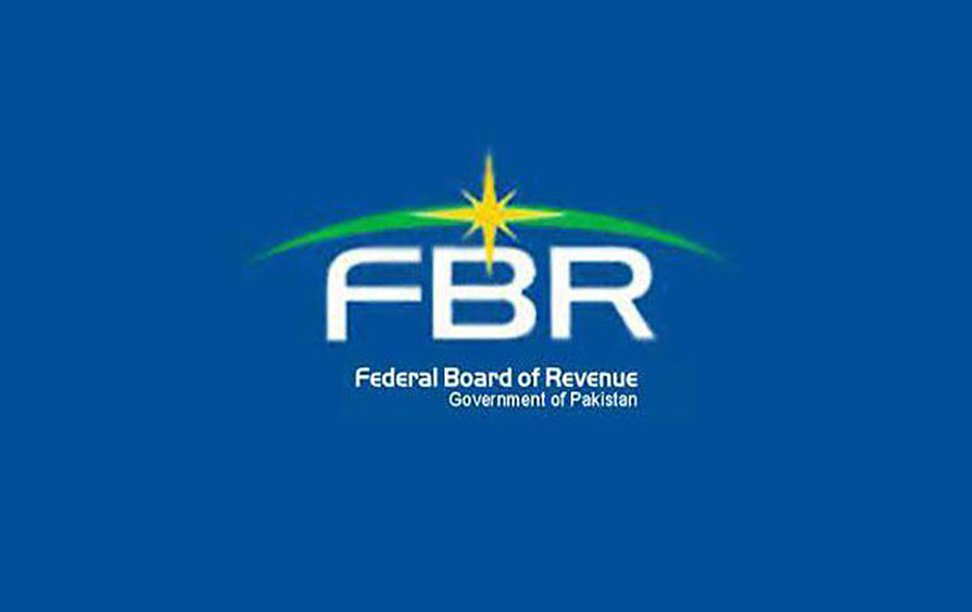The Planning Commission has raised red flags over the Federal Board of Revenue’s (FBR) plan to spend Rs. 2.237 billion on 179 vehicles—including 15 fully bulletproof units—as part of its ambitious Rs. 41 billion Revenue Raises Project. The Commission criticized the proposal for lacking technical specifications and questioned the necessity and scrutiny of the procurement, which averages Rs. 12.5 million per vehicle.
The project, funded by a $150 million World Bank loan at 2.5 percent annual interest over 30 years, is designed to modernize FBR operations and boost tax collection. However, the Planning Commission expressed concerns about the vehicle purchase, despite FBR’s defense that the vehicles are essential for anti-smuggling operations in challenging terrains. FBR insisted the vehicles are not luxury models but are required for the deployment of 37 digital enforcement stations across the country. The procurement also includes 350 bulletproof jackets and helmets for field teams.
Scheduled for completion by June 2027, the Revenue Raises Project focuses heavily on ICT upgrades, including new data centers, cloud systems, software, LAN, and VoIP connectivity. FBR estimates these digital improvements will save $100 million and significantly reduce customs clearance times—from 97.5 hours to just 48.5 hours. The broader goal is to raise the tax-to-GDP ratio to 17 percent, up from the current 10 percent, and tackle Pakistan’s vast undocumented economy, which the Commission estimates at 64 percent of GDP.
The Commission also highlighted the high cost of tax compliance for small businesses, averaging Rs. 250,000, and called for simpler tax procedures, lower levies, and faster digitization to ease the burden.
Of the 37 planned enforcement stations, 24 will be positioned along the Indus and Hub rivers, supported by three mobile units, while ten more will be established at key locations in Balochistan. These stations will feature control rooms, backup power, and tracking systems integrated with national databases to help detect and prevent tax evasion.










